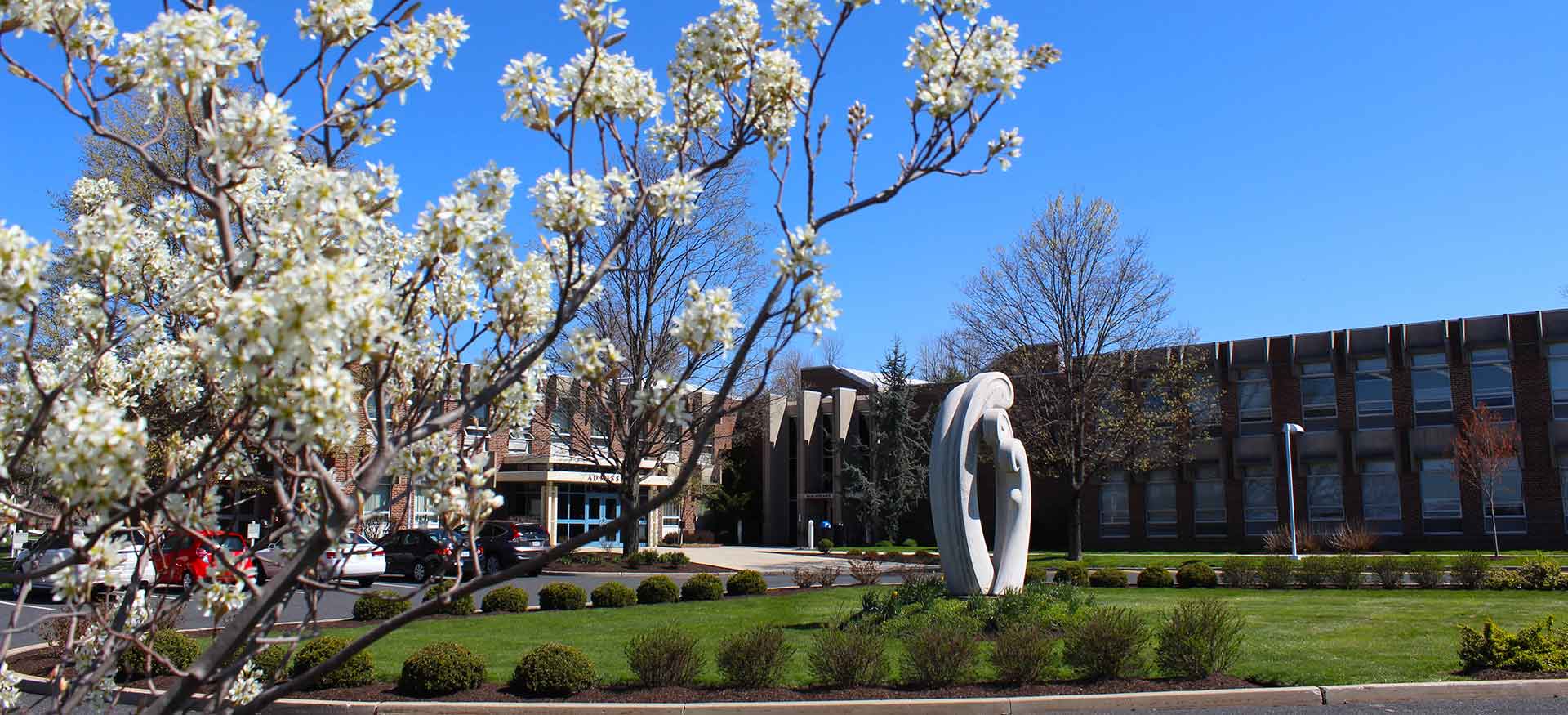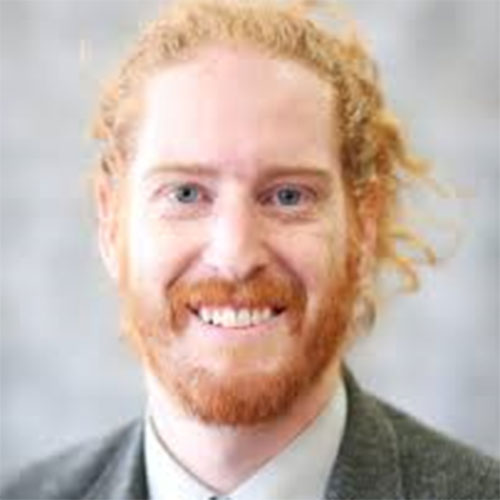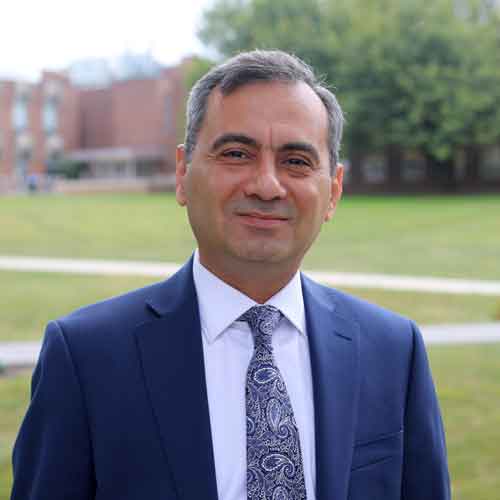Insurrection at the Capitol: A Special DSU Panel Discussion
How did a rally descend into chaos and crime at the United States Capitol, and where does the country go from here?
The Center for Homeland Security and the Office of Diversity, Equity, and Inclusion discussed those difficult topics during Insurrection at the Capitol: A panel discussion to explore the impacts of January 6, 2021.
The discussion covered a range of topics, from the Electoral College and First Amendment to the breakdown of political norms and the rise of extremism and radicalization. Seth Weber, an instructor and former federal prosecutor, stressed that words matter, particularly when it comes to the Constitution.
“You have these organizers, rioters, mob people going there doing crimes of violence, property damage, and thinking perhaps, ‘I’m here, this is the United States, I have my First Amendment right.’ I happen to teach constitutional law at DeSales University. The First Amendment does not mean you can do whatever you want, wherever you want, whenever you want because you think it’s right.”
When asked about the parallels of the rise of Nazi Germany to the rise of extremists here in the U.S., Dr. Michelle Fabiani, assistant professor of criminal justice, pointed to the historical instability of democracies and republics.
“We’re in the middle of a global third wave of autocratization—a trend toward authoritarian or autocratic governmental systems,” she said. “At the same time, there’s a slip away from democracy—not in a dramatic fashion of overthrowing a democratic system, it’s through changes and undermining of the policies and of the infrastructure. It’s a gradual decline.”
Dr. Theodore Masthay, assistant professor of political science, and Dr. Ahmet Yayla, director of the Center for Homeland Security, also served as panelists while Scott Blair, associate vice president for diversity, equity, and inclusion, moderated the discussion.






